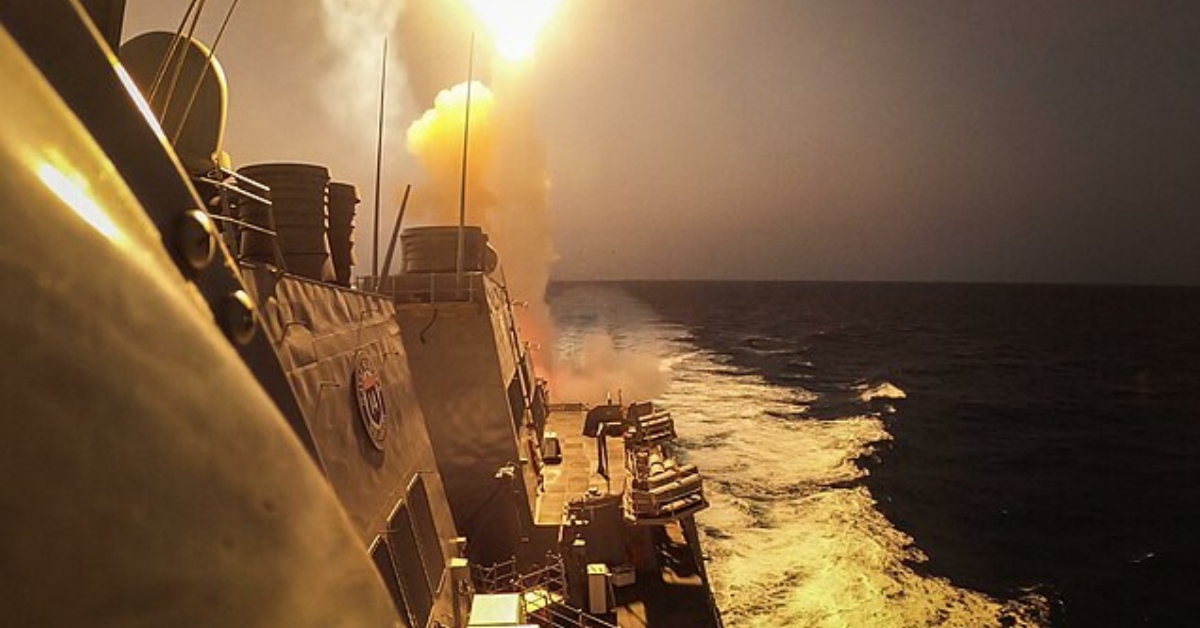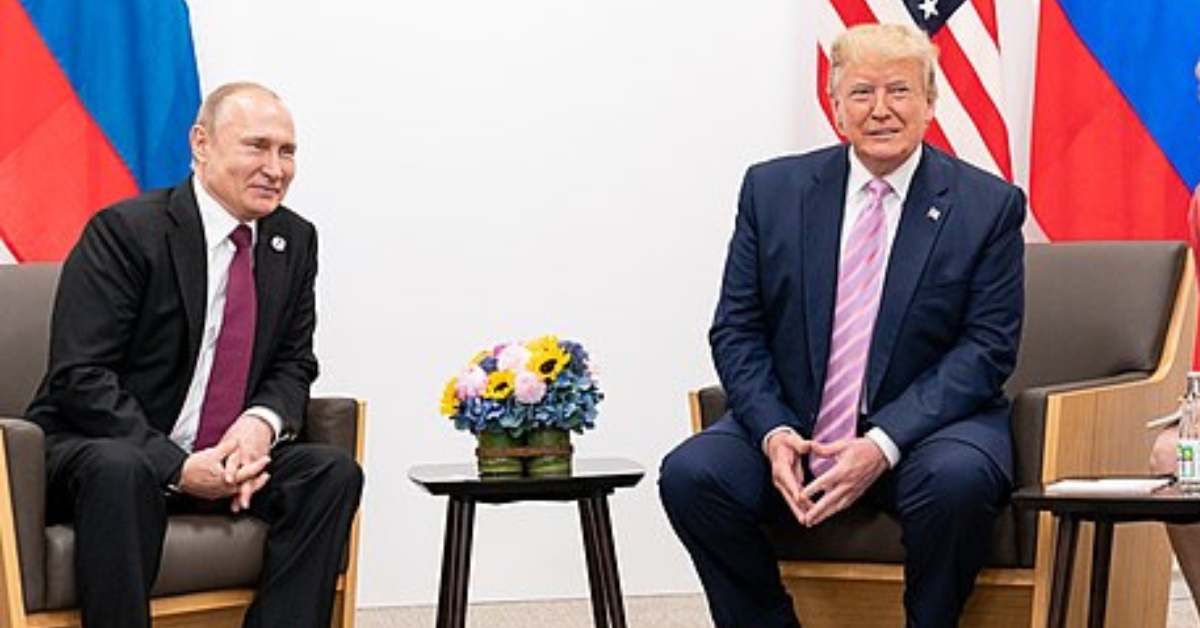
Israel Faces Backlash from U.S. for Its Anti-UNRWA Laws
The U.S. has erupted in vocal disapproval over the Knesset’s latest legislative actions, which drastically curb the operations of the UN’s Palestinian refugee agency, UNRWA, within Israeli territories. Israel’s stance targets an agency that it argues perpetuates an untenable refugee status across generations, fostering dependency rather than promoting resolution. It also claims that UNRWA harbors numerous employees with ties to Hamas. This is indicative of a broader issue with UN operations which often appear to overstep their bounds, under-deliver on promises, or show bias against Israel, thereby frustrating Israel’s efforts to effectively manage regional threats.
It’s concerning but hardly surprising that the Biden administration has chimed in with cries of potential catastrophe. According to U.S. State Department’s claims, these legislative measures could strip essential services such as healthcare and education from over three million Palestinians. Yet, this narrative conveniently omits the complexities of the situation, including UNRWA’s documented entanglements with Hamas—highlighted glaringly following the atrocities of the October 7 attacks. If 10% of an agency’s staff is alleged to have ties with a terrorist faction, shouldn’t there be a pause and reassessment of their operations?
Israel’s assertion is not just about an isolated policy but a broader defensive measure against a biased international stance that often leaves its citizens vulnerable. Moreover, the U.S. has its own history of skepticism towards UNRWA, having previously suspended funding due to similar concerns, which begs the question: why the sudden urgency to defend an institution so deeply flawed?
Secretary of State Blinken‘s warnings and the threats of restricting military aid are indicative of a misguided foreign policy that prioritizes international appeasement over the genuine security concerns of its allies. Israel’s strategic patience with UNRWA is not just about a single agency’s failure but about protecting its sovereignty against an institution that has failed to remain neutral.
This discord may indeed pose a diplomatic challenge, but it also serves as a clarion call to reevaluate the extent to which international bodies should operate within the sovereign borders of a democratic nation. Israel’s assertive measures, though stark, highlight the long-overdue need for accountability and substantial reform within the UN system. This is particularly critical for entities like UNRWA, which have shown a concerning tolerance, if not a covert alliance, with terrorist organizations. It’s high time we scrutinize these international players and their impact on national sovereignty.














